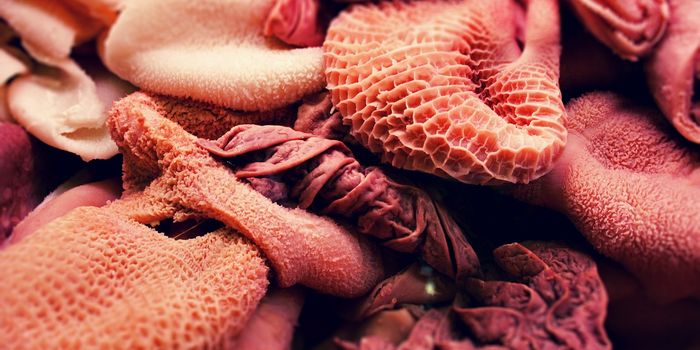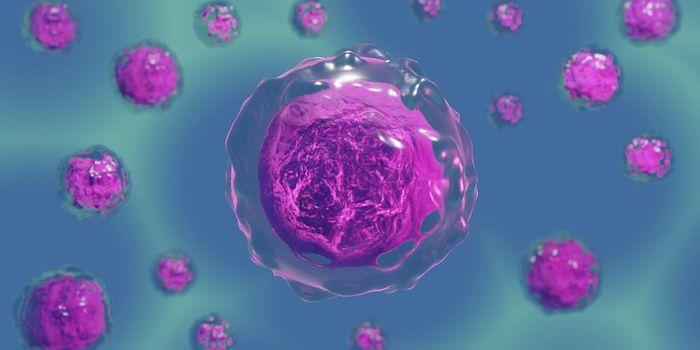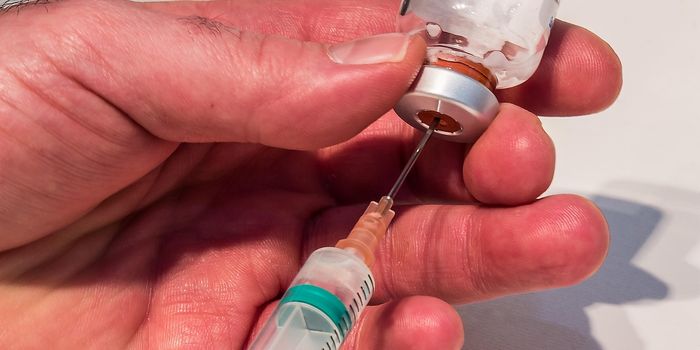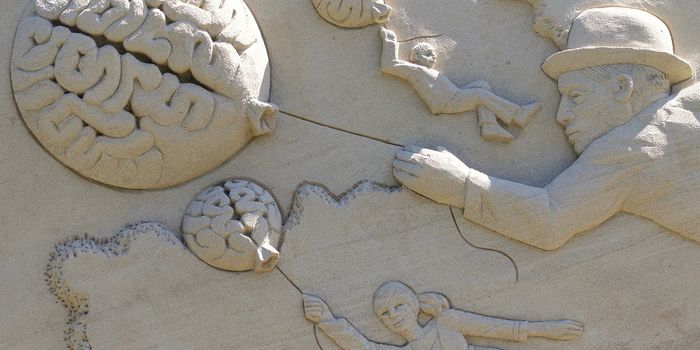Natural Killer Cells Target Cancer, Shrink Tumors
The battle between the immune system and growing tumors involves natural killer (NK) cells and a protective barrier put up by cancer cells. In a new study from the Luxembourg Institute of Health, scientists discover a way to tip the balance in favor of the NK cells.
NK cells are a part of the innate immune system, a non-specific response that takes action when the body is under attack by something like bacteria, viruses, or cancer. In the context of cancer, tumors find a way to protect themselves, through what scientists call an “immunosuppressive environment.” In their new study, LIH scientists establish for the first time a “mechanistic link” between NK cells breaking through the immunosuppressive environment and a cellular process called autophagy.
"Targeting autophagy in tumor cells is a promising strategy to reinforce the immune system to fight cancer," explained Dr. Bassam Janji. "Our study provides a cutting edge advance in the field of cancer immunotherapy and could specifically pave the way for more effective NK cell-based immunotherapies.”
Janji and other researchers used melanoma to study the link between autophagy and cancer, starting with blocking autophagy, the so-called “intracelluar recycling process,” to enhance the production of cytokines, chemical messengers, that attract NK cells. Blocking autophagy is a known tactic for reducing tumor growth and making tumors more sensitive to chemotherapy, but often scientists don’t understand why blocking autophagy has this effect.
In the lab, researches blocked autophagy in tumor cells by silencing genes responsible for launching autophagy proteins, such as the BECN1 gene that codes for the protein Beclin-1. Tumor cells deficient in Beclin-1 proteins allowed access to NK cells, which quickly infiltrated the usually “immunosuppressive” tumor environment. Researchers saw tumor size decrease.
They found that this cause and effect phenomena is due to CCL5, a specific type of cytokine that attracts NK cells. Without the initiation of the autophagy process involving Beclin-1 and other proteins, tumor produced more CCL5 than normal. Without CCL5, the positive effects disappeared.
Researchers confirmed their observations in tumor cells with tumor biopsies from actual melanoma patients. They saw the same relationship between CCL5 production and NK cell tumor infiltration. Plus, increased survival of melanoma patients was also positively linked to CCL5 in tumors.
“We now know how we can switch an immunosuppressive tumor environment to an immunosupportive one, enabling the action of NK cells,” Janji said. “NK cells have a strong anti-tumor potential, but it can only be exploited if the cells are efficiently directed to the tumor. "
The present study was published in the Proceedings of the National Academy of Sciences of the United States of America.
Source: Luxembourg Institute of Health









